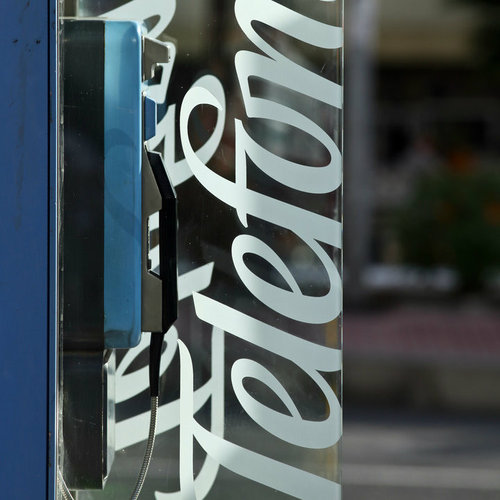Eurobites: Telefónica, NTT Data team up on 5G for industrial robots
Also in today's EMEA regional roundup: cross-border autonomous driving made easy; Arqiva wants to save old-school telly; more data centers for Finland, probably.

Also in today's EMEA regional roundup: cross-border autonomous driving made easy; Arqiva wants to save old-school telly; more data centers for Finland, probably.
Telefónica and NTT Data have pooled their respective expertise to trial a 5G-assisted logistics system for car parts manufacturer CIE Automotive at its factory in Itziar in northern Spain. The hope is that the system will increase the flexibility, efficiency and traceability of internal logistics processes through the intelligent management of multiple sensors and mobile devices, such as automated guided vehicles and autonomous mobile robots. Eventually, Telefónica and NTT Data plan to sell the system to customers in various industrial segments including automotive, manufacturing and distribution.
More semi-robotic, 5G-fueled driving scenarios were in evidence yesterday (Wednesday) close to the borders between Italy, Austria and Germany as the EU-funded 5G-Carmen project attempted to demonstrate how autonomous driving could be made safe even with the added network/data complications that crossing borders can throw up. Two autonomous Stellantis-CRF vehicles performed cooperative lane maneuvers and lane changes using connected, assisted and automated driving along the 5G corridor and at the borders between Italy-Austria and Austria-Germany, while three BMWs did something similar on the Kufstein border between Germany and Austria. Of course, being BMWs they probably ignored central command and drove waaaay too close to the car in front…
UK masts company Arqiva has launched a campaign – Broadband 2040+ – to safeguard digital terrestrial TV and broadcast radio. Digital terrestrial television (DTT) – better known as Freeview – is universally available across the UK. It doesn't need a broadband connection and there is no additional monthly subscription cost on top of the BBC license fee. According to Arqiva, current plans only guarantee provision for DTT and radio through an aerial until the early 2030s, and the company believes that many groups of people, including older people who lack digital skills and those living in remote, unserved areas will suffer unfairly as a result of Freeview and broadcast radio's probable demise. Arqiva's campaign, which claims massive support for its cause uncovered by research company Ipsos, aims to secure a commitment from the UK government that DTT and broadcast radio will be safeguarded to 2040 and beyond.
Ah, Finland, home of saunas, Sibelius… and sodding great data centers. And now it appears Google wants to build more of them, as, according to YLE, it is buying up 50 acres of land from the city of Hamina, where it already has six such facilities. Still, it will bring in more revenue for the city fathers – the search giant is paying €4.3 million (US$4.5 million) for this latest patch of tundra.
Meanwhile, across the border in Russia, Google is in danger of being fined again, Reuters reports, for failure to delete content that displeases Team Putin. The Alphabet-owned company may have to cough up 5-10% of its turnover in Russia, according to the report. Last month Russia got tired of waiting for an earlier fine to be paid and seized more than 7.7 billion roubles ($143 million) from Google that it had been ordered to pay late last year.
KPN, the Dutch incumbent operator, has teamed up with phones recycling specialist Recommerce to offer money for unwanted old phones.
— Paul Rainford, Assistant Editor, Europe, Light Reading
Read more about:
EuropeAbout the Author(s)
You May Also Like



.jpg?width=300&auto=webp&quality=80&disable=upscale)








